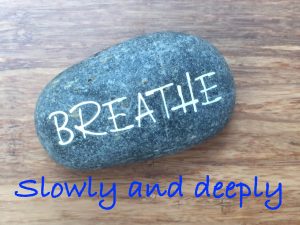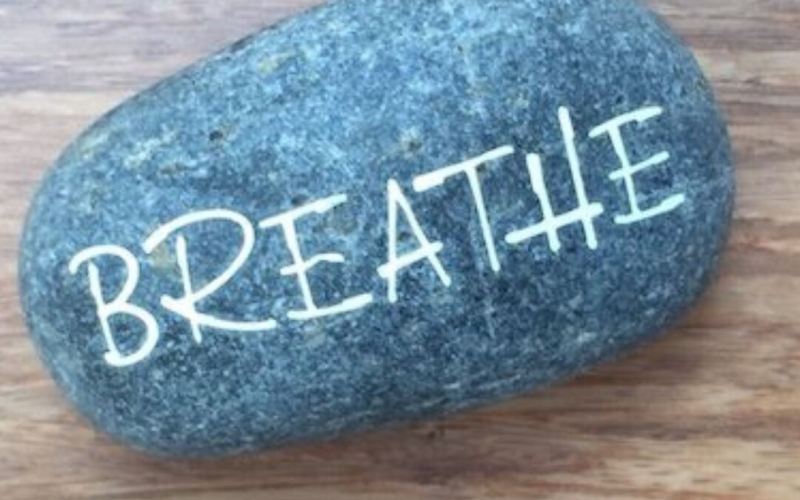Slow deep breathing is a simple, yet powerful, relaxation technique to quiet the mind. It’s easy to learn and can be practised almost anywhere and provides a quick way to get your stress levels in check.
Deep breathing is the cornerstone of many relaxation and mind-body practices; including; Tai Chi, Qi Gong, Somatic movement, Mindfulness meditation. It can be combined with other relaxing elements such as aromatherapy and music. All you need is a few minutes and a quiet place to sit or stretch out.
Benefits of Deep Breathing
Deep breathing is also called diaphragmatic breathing, abdominal breathing, or belly breathing. As a natural stress buster, it’s often used to help treat the symptoms of anxiety disorders and can help some sleep problems and plays a role in blood pressure management. It natures painkiller, and regular practice also strengthens the abdominal and pelvic floor muscles.
Practising deep breathing
The key to breathing deeply is to breath into the abdomen, when you take deep breaths from the stomach, rather than shallow breaths from the upper chest, we inhale more oxygen. The more oxygen we get, the less tense, short of breath, and anxious we feel.
Choose your position
- Lie comfortably (on the floor or in bed) with knees bent and feet flat or stretch your legs out. Use a pillow under your knees if it helps you feel more comfortable. Place your hands on your belly or lower rib cage chest.
- Sit comfortably with your back straight, place a cushion behind you if it helps you feel more comfortable. Place hands in the same position as above.
5 minutes of deep breathing practice
Breath in through your nose. Inhale for a count of 5. Notice the movement of your lower chest, and allow your lower abdomen to fill and rise.
Breath out through your mouth. Exhale for a count of 6, gently releasing as much air as you can. Notice how your abdominal muscles help you exhale by contracting.
Continue for a few minutes, when you have finished, get up slowly if you have been lying down, or better still snuggle under your duvet and go to sleep.

Tips:
- Try to inhale deeply enough that your lower abdomen rises and falls.
- Keep your neck, jaw and shoulders relaxed; it sometimes helps to keep your lips gently closed with teeth slightly parted and tongue sitting up on the roof of the mouth.
- If you are struggling to take a deep enough breath, try Imagining that the breath reaches all the way down to your toes (all of them) and that the out breath passes out from the crown of your head like a stream of chimney smoke.
Watchpoints
Stop if you feel unwell or light-headed, although this rarely happens if you remember to keep the breaths slow, deep and controlled.
SaveSave
SaveSave







